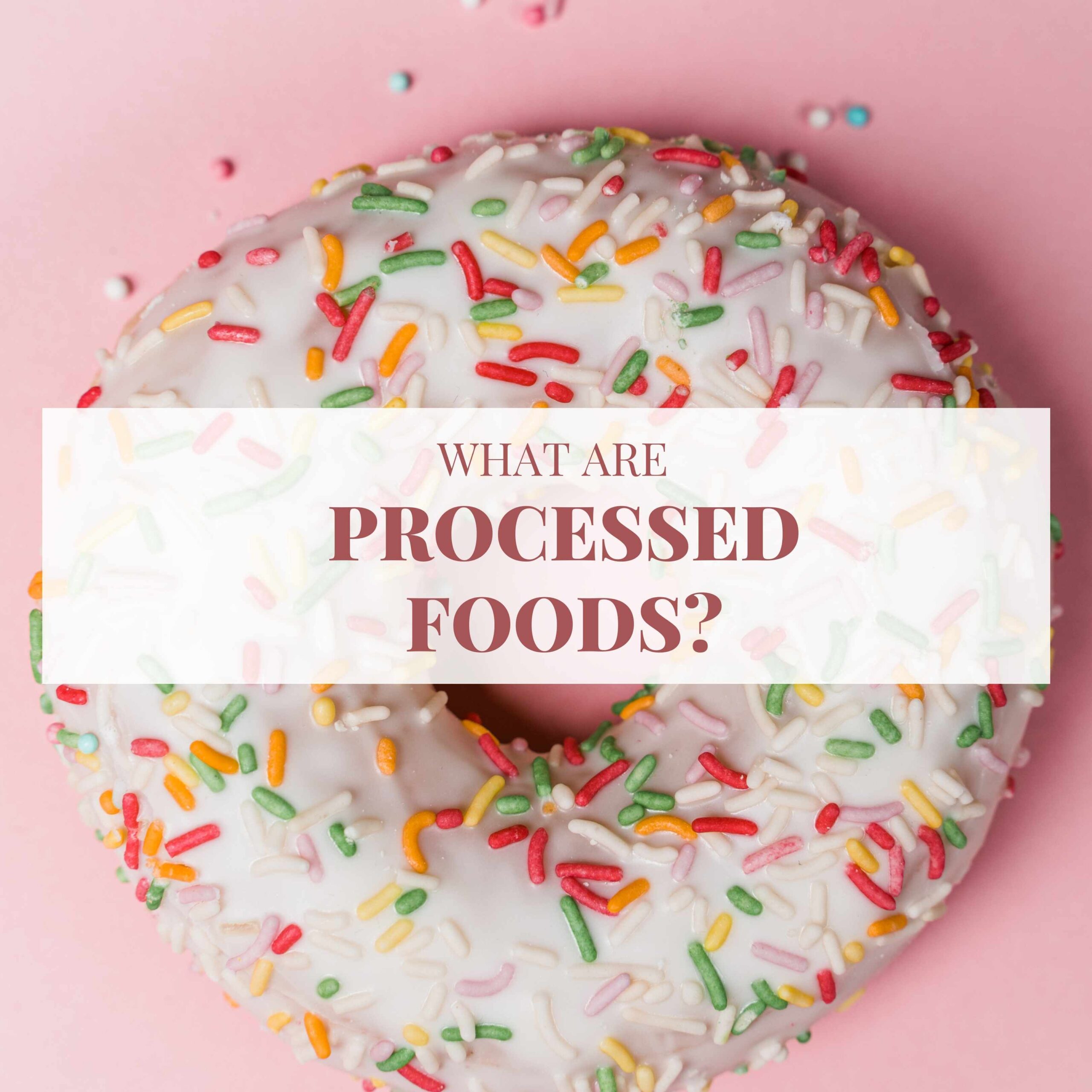
What are Processed Foods?
By Joanie in Health Tips, Lifestyle Tips on 27 August 2022
You’ve probably heard that it’s best to reduce your intake of “highly processed foods” in order to live your healthiest life. But do you know what these are?
A processed food means that it’s been altered in some way during the preparation, such as freezing, canning, baking or drying. Although not all processed foods are bad for us but some of the more highly processed variations have been linked serious health issues like obesity, heart disease, cancer, high blood pressure and diabetes.
A highly processed food typically contain substances you wouldn’t use in food preparation at home, such as:
🔺 Hydrolysed proteins
🔺 Modified starches
🔺 Hydrogenated oils
🔺 Colorants
🔺 Flavourings
🔺 High fructose corn syrup
🔺 Artificial sweeteners
🔺Bulking agents
Here are some common examples of highly processed foods that you should try to minimise in your diet:
✅ Sugary beverages such as carbonated soft drinks & energy drinks.
✅ Sweet or savoury packaged snacks such as chips and biscuits.
✅Sweetened breakfast cereals
✅ Baking mixes such as stuffing, cake and brownie, mixes.
✅ Reconstituted meat products such as hot dogs and fish sticks
✅ Packaged frozen meals
✅ Packaged instant soups
✅ Sweets and other confectionery
✅ Packaged breads and buns
✅ Energy and protein bars and shakes
✅ Microwavable Popcorn
✅ Margarine and other ultra-processed spreads such as sweetened cream cheese
A healthy, nutrient-dense diet should be low in ultra-processed foods, but that doesn’t mean you have to avoid processed foods completely. When possible, try to stick to a varied diet with lots of fruits and vegetables, whole grains and lean protein.
